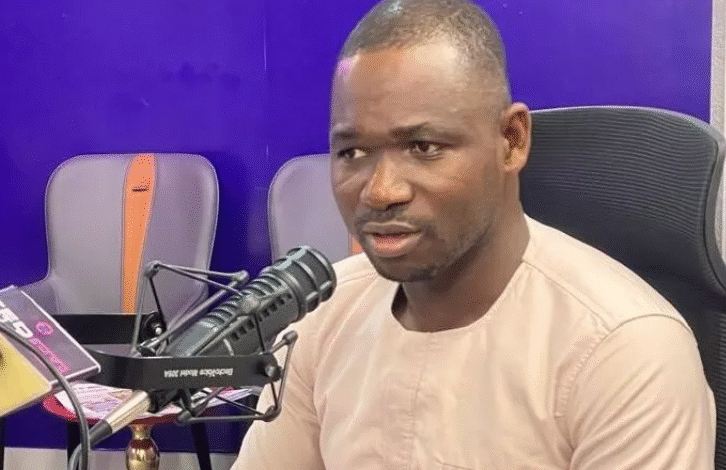Africa’s Energy Future Hinges on Smarter Contracts and Fiscal Reforms – NRGI

Africa’s ability to fund its energy transition will stall unless governments redesign contracts and fiscal regimes to channel investment into value addition, the Natural Resource Governance Institute (NRGI) has warned.
Speaking at the 2025 Future of Energy Conference in Accra, NRGI Country Manager Denis Gyeyir argued that while the continent is rich in critical minerals vital for the global green transition, poor fiscal design and weak contracting risk leaving Africa as a mere exporter of raw materials.
“If we do not frame contracts in ways that attract funding into the value addition sector, it will be difficult to really move forward,” Gyeyir told delegates.
Linking Minerals to Transformation
Gyeyir said royalties and taxes — the mainstay of Africa’s extractive fiscal regimes — are too narrowly focused and fail to incentivise downstream industries. Instead, governments should embed value addition requirements into contracts from the outset, aligning fiscal tools with industrialisation goals.
“Our fiscal regime design must not continue to be only royalties and taxes. Those instruments have to be linked directly to our ambitions to add value,” he said. “Otherwise, we will continue exporting raw lithium and cobalt while importing batteries at ten times the value.”
Innovative Financing and New Ideas
Beyond contract reforms, Gyeyir pointed to innovative approaches to mobilising revenues. He referenced emerging global conversations on unconventional levies, such as taxes on premium flights as examples of creative ways governments can unlock additional resources for the energy transition.
But he cautioned that new revenue streams will only be impactful if governments overhaul how public funds are managed.
Public Financial Management: The Missing Piece
“The need for reforming our public financial systems is the best means of de-risking our economies for attracting financing,” Gyeyir stressed. “If we do not use the resources that come in sustainably, efficiently, and accountably, we cannot attract the kind of funding we need to finance the transition.”
He noted that opaque and inefficient spending erodes investor confidence and keeps the cost of capital in Africa among the highest in the world, stalling critical projects in renewable energy and infrastructure.
Accountability as Investment Magnet
Gyeyir framed accountability and transparency not only as governance imperatives but as economic necessities. Sustainable management of revenues, he said, is essential to reduce financing risks, lower borrowing costs, and ensure citizens , the real funders of government budgets see the benefits of the energy transition.
Shaping the Future
As global demand for Africa’s critical minerals accelerates, Gyeyir’s remarks served as a reminder that without smarter contracts and stronger public finance systems, the continent could miss its chance to turn resource wealth into lasting energy security and industrial competitiveness.
“Financing Africa’s energy future is not only about finding money,” he concluded. “It is about framing contracts, designing fiscal regimes, and managing revenues in ways that truly serve the continent’s transformation.”



